Fireworks, backyard barbecues, and lake or pool trips are popular ways to celebrate America’s birthday. You may be tempted to let your furry pals tag along, but July Fourth can be scary for pets, and they are safest at home. The Stack Veterinary Hospital team wants pet owners to avoid an Independence Day disaster, so we’re sharing tips for keeping pets safe, calm, and happy during the holiday festivities.
#1: Identify pets with noise aversion
Up to two-thirds of pets suffer with noise aversion, a treatable anxiety condition. Unfortunately, most owners don’t realize their pet has a problem, because their pet’s fearful reactions may occur only once or twice per year and they consider them normal. Pets who are startled, but then recover quickly and continue to act like their usual selves are normal. However, pets who are still afraid hours after a noise event suffer from panic-attack-like anxiety and fear they cannot control.
This checklist can be helpful for you to determine whether your pet needs treatment for noise aversion, and for your discussion with our veterinary team.
#2: Discuss pet noise aversion treatment options with our team
Once you’ve identified that your pet likely is noise averse, you should talk with our team about treatment options. Many owners believe their pet will improve after repeated exposure to the same noise, but the opposite is true—without treatment, most pets worsen each time they hear the trigger noise.
Treatments will depend on your pet, their condition severity, and the timing of the upcoming noise event. Possibilities include:
- Anti-anxiety and sedative medications to reduce reactivity and panic
- Anxiety wraps, supplements, and pheromones to induce calmness
- Allowing pets to hide from the noise where they feel most comfortable
- Consulting a trainer or veterinary behaviorist for help with desensitization and counterconditioning, which is a training technique to reduce fear
#3: Set up a safe, quiet retreat for pets
All pets need a safe, quiet space to hide from noise, crowds, or other party commotion. Use an area that your pet already prefers, such as a basement bedroom, walk-in closet, or bathroom, and add comfortable, familiar items. Play calming music to help your pet relax when they get overstimulated or afraid.
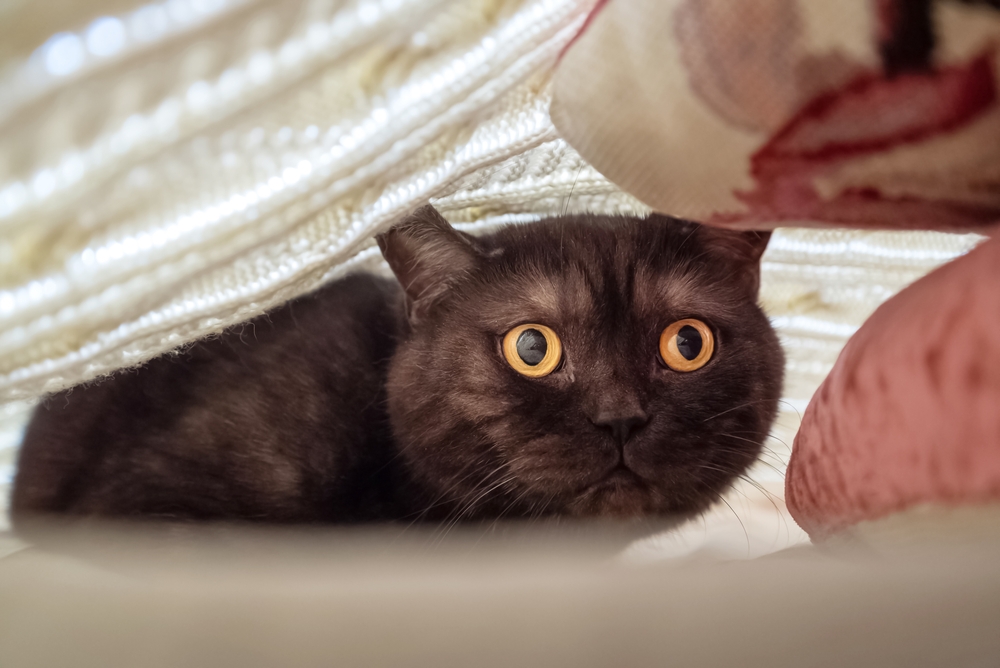
#4: Check fences for security before hosting an outdoor event
Pets are more likely to go missing on July Fourth than any other holiday, because of the loud noises that can cause them to startle, panic, and run away. If your pet is outdoors without a leash, ensure your yard is completely fenced, with no holes or weaknesses where they could escape. Keep pets inside or leashed at all times if your yard is not fenced.
#5: Remind guests to close doors and pet gates
Your fenced yard won’t keep your pet secure if a guest leaves the gate open. Put signs on doors and gates to ensure guests close them completely and your pet stays securely inside the house or yard.
#6: Microchip your pet and keep the information up to date
A collar with ID tags can help in returning your lost pet, but collars can fall off or break. A microchip is a permanent identification option that can provide rescuers with your contact information should your pet be found without tags. Our veterinarian can implant a microchip in your pet during a routine outpatient visit, with no sedation or anesthesia required. Ask our team for more information, or schedule an appointment for microchipping.
#7: Avoid letting pets indulge in human food or drink
Human food and drink can be toxic for dogs and lead to stomach upset, cause pancreatitis, or result in an intestinal foreign body obstruction. None of these outcomes is good, and could land your pet in the emergency hospital. Provide a large, clearly marked trash can for guests to dispose of leftover food, and a jar of treats they can feed your pet instead of table scraps.
#8: Prevent pets from overheating
Take care that the summer heat does not lead to heatstroke in your pet. Ensure pets who go in and out of the house don’t get stuck outside for long periods, and that they have cool water and shade. Pay special attention to puppies, kittens, senior pets, and pets with thick or long coats, excess fat, or underlying medical conditions. Move pets inside in the air conditioning if they start panting heavily or becoming lethargic.
Our safety tips will help keep your pets calm, cool, and collected on July Fourth. Take action now if you think your pet will need medications or other treatments to keep them safe during fireworks displays, and contact the Stack Veterinary Hospital team to schedule a visit or to ask questions about Independence Day pet safety.


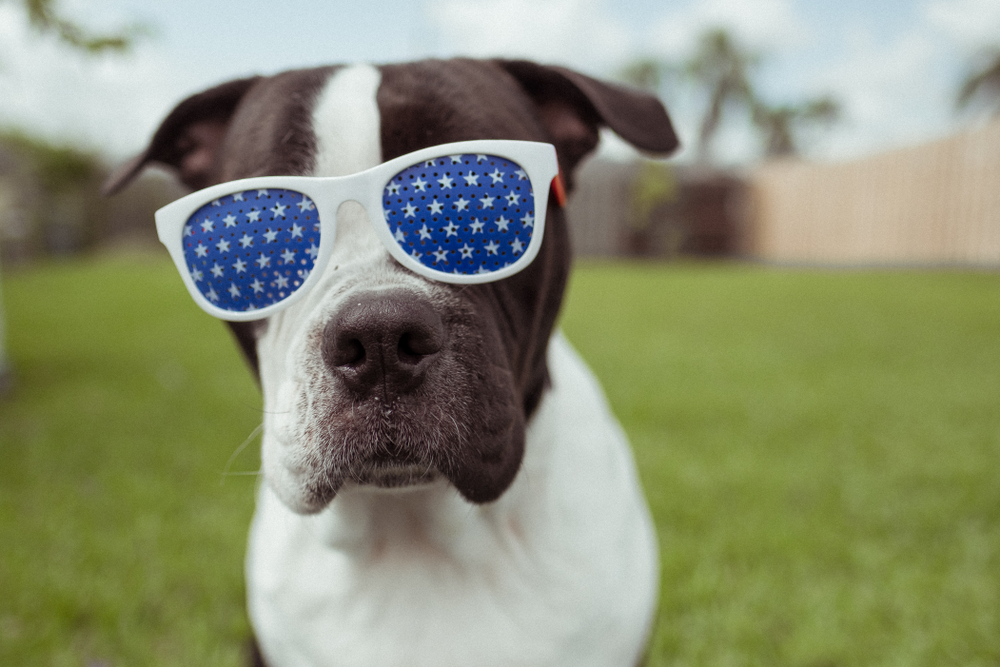
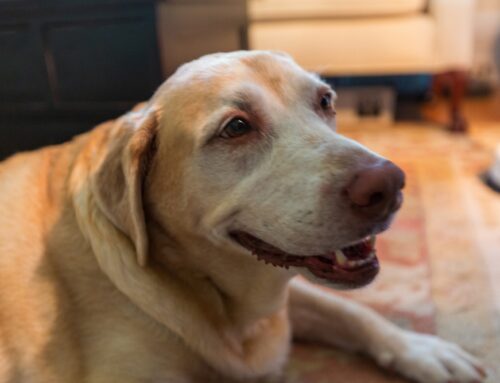
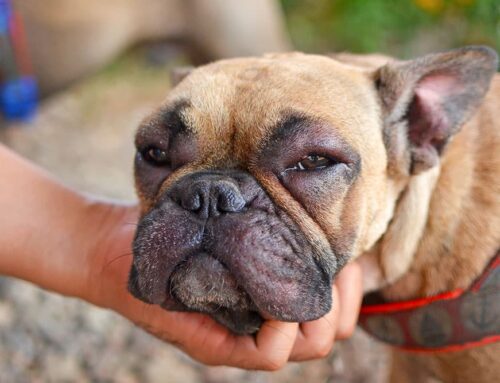
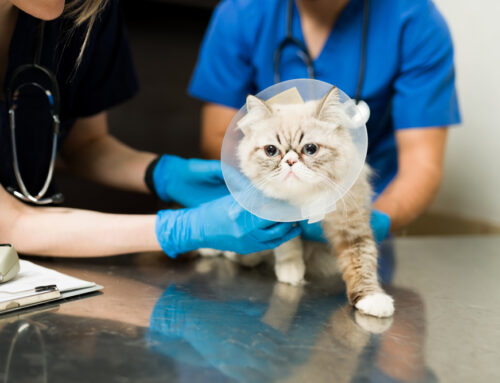
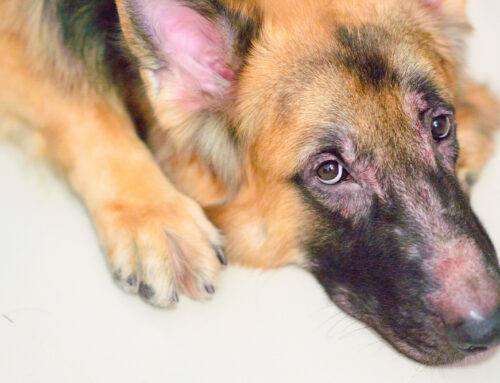
Leave A Comment